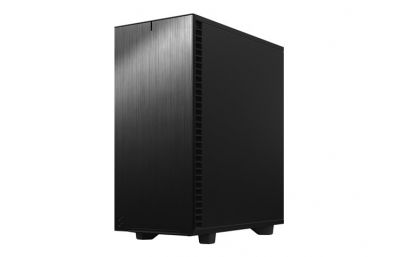If you’ve ever looked at a system on our website, chances are you’ve seen an option for a Battery Backup Unit (BBU). While some confuse it for a battery for the entire system, it’s actually just for hardware RAID controllers.
“A battery just for my RAID controller?! What good will that do?!”
Actually, it can help out quite a bit. The BBU’s primary function is to keep the write cache powered, which begs the question, “What can the write cache do for me?” The write cache can greatly affect transfer speeds. It works by transferring data to the cache, and the data is written to the drives From our testing, we’ve seen the cache potentially increase speeds by around 400MB/s, assuming everything isn’t being written to the cache. If the amount of data being transferred is smaller than the cache on the system, we’ve seen speeds go up to 2.7GB/s in some of our benchmarks. Without the cache, the drives are just fed the information as they write it, instead of being able to pull it from the cache. This is obviously something that needs to be considered if there are a decent amount of writes going to the system. If these speeds can be reached, there’s a question of how large the cache is.
For the LSI MegaRAID 8700 series cards (8704 and 8708), they each have a 64MB cache. For the 3Ware 9650/9690 and LSI 9260/9280 cards, they’re sporting a hefty 512MB cache. The RAID controllers disable the cache on the drives connected to them by default, so we don’t really have to worry about that. With a cache like that, a power outage can create data corruption, since the cache is volatile memory. The BBU provides power to the cache for up to 72 hours, which will continue to write to the drives as soon as the system is back up. There is also the rare occasion that a power fluctuation could hit the system, but not take it down. The most likely thing to happen is the PCI bus will get knocked out. The system will still be running, but you’ll lose things like video as well as the RAID controller. The cache would still be powered by the BBU in this scenario to help prevent data corruption.
Overall, BBUs are definitely something to take into serious consideration when configuring a system. The performance gain from the cache can be beneficial to any system performing a considerable amount of writes, but without the BBU there to protect it, it’s just a matter of time before the system loses power in the middle of a write.





